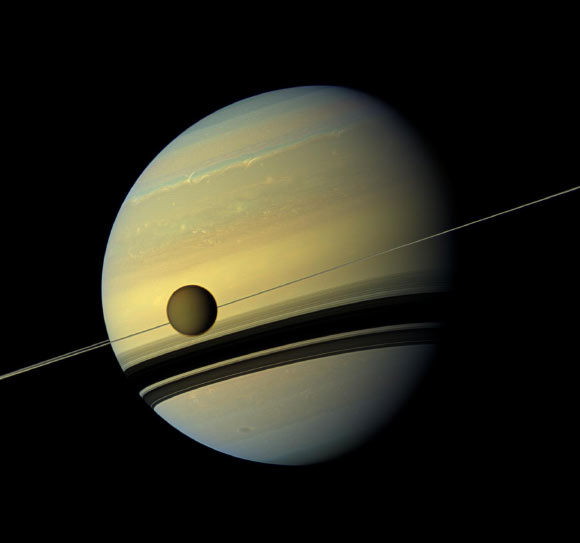
Scientists argue that two Saturnian moons, Titan and Hyperion, are not primordial worlds, but the result of a dramatic merger between two ancient moons.
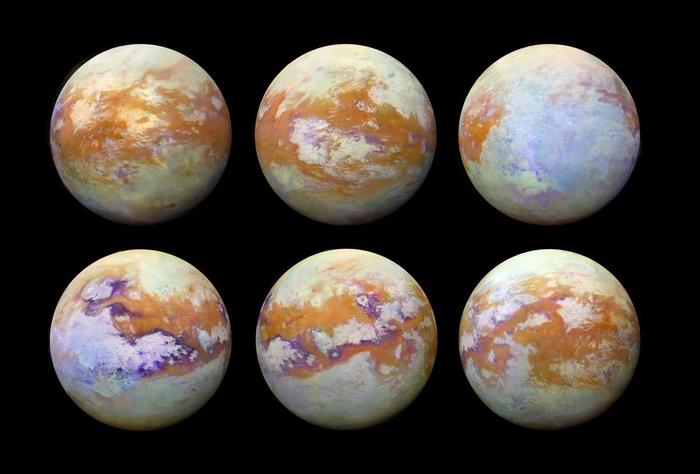
Careful reanalysis of data from more than a decade ago indicates that Saturn’s biggest moon, Titan, does not have a vast ocean beneath its icy surface, as suggested previously.
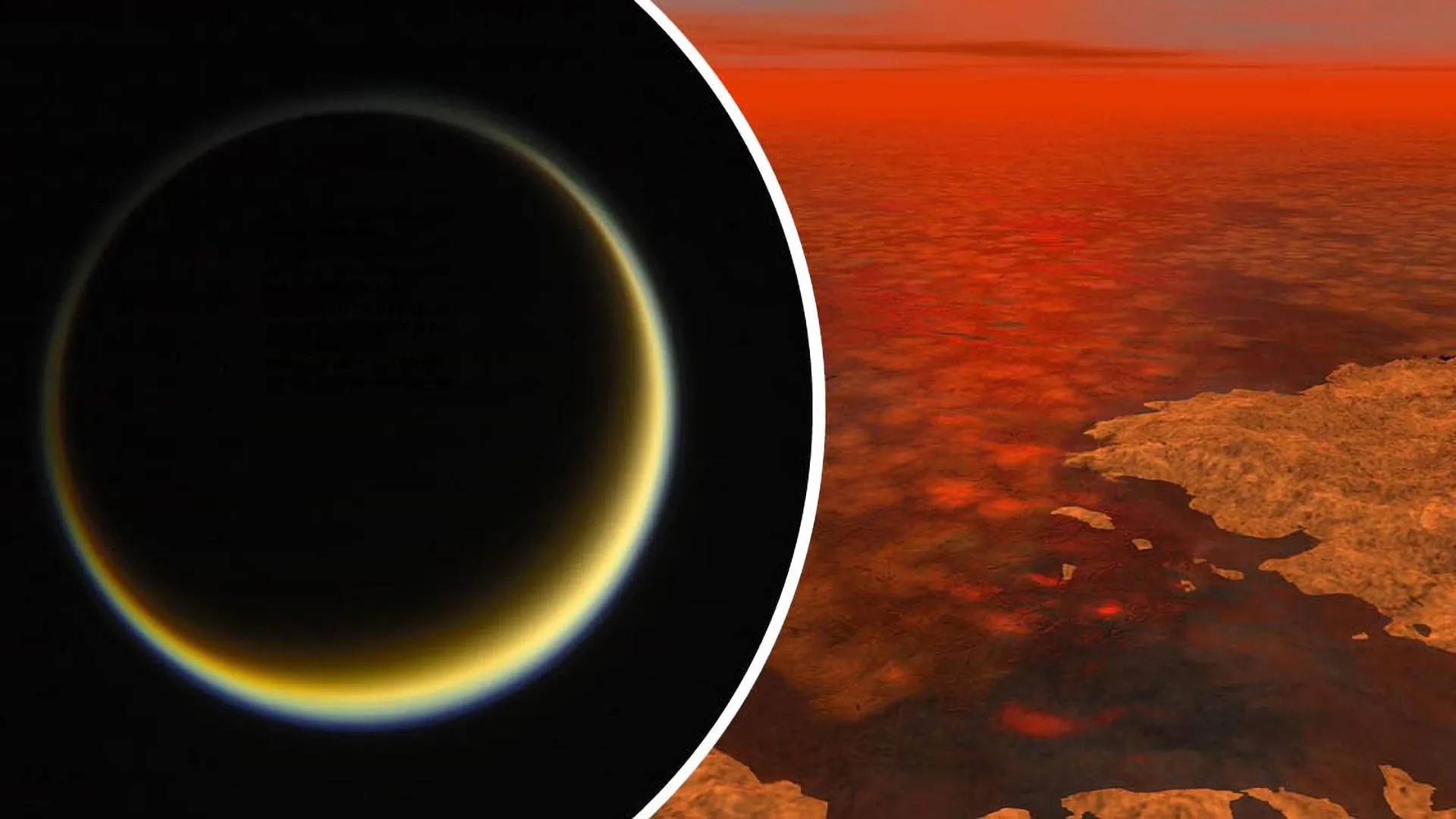
Scientists from NASA and Chalmers University have discovered that incompatible substances can mix on Titan’s icy surface, breaking the “like dissolves like” rule of chemistry.
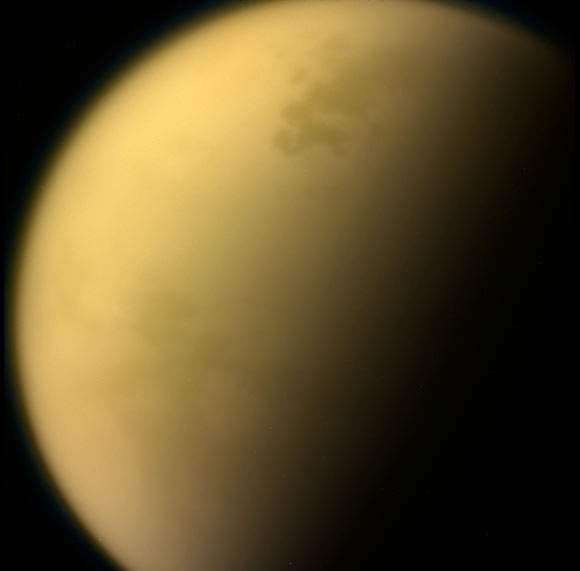
Titan is the only moon in the Solar System with a significant atmosphere, and one that has long captivated planetary scientists.
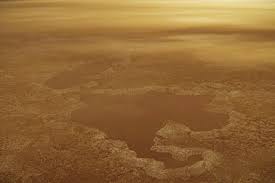
New research finds that despite large rivers and seas of liquid methane, Saturn's moon Titan seems mostly devoid of river deltas.
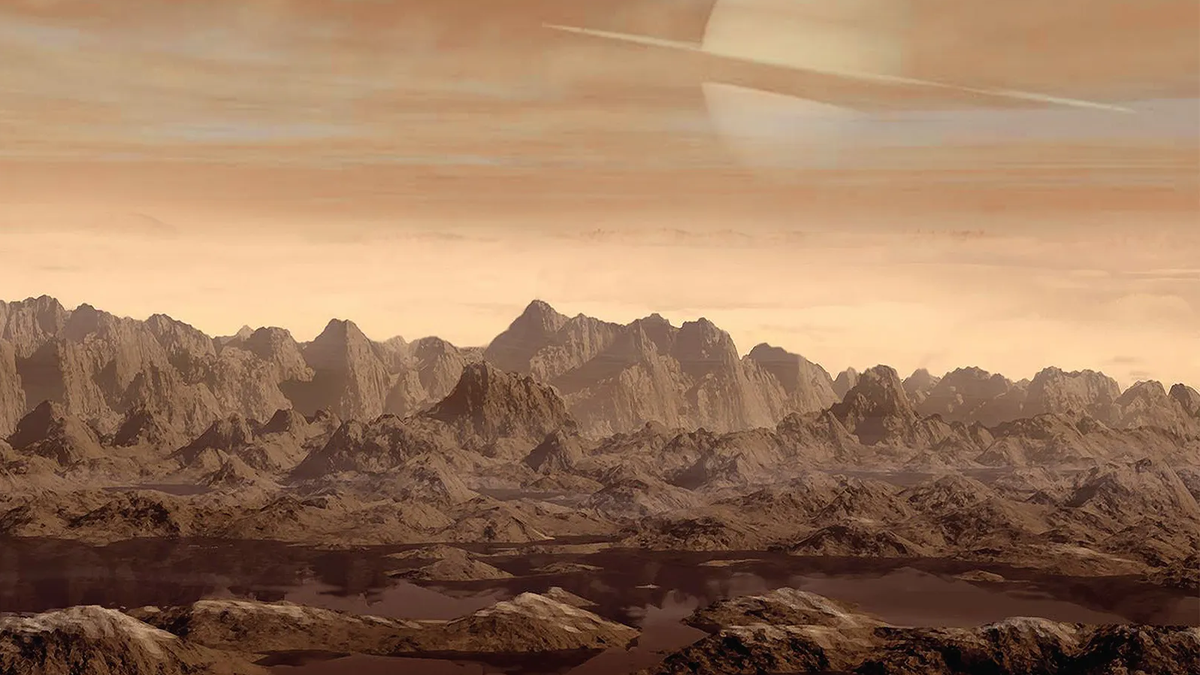
Instead of water, the fluid that runs across Titan is an unholy mixture of methane, ethane, and other hydrocarbons. A new study suggests that waves of the greenhouse gases could be crashing on the moon’s coastlines, shaping its wet landscape.

NASA has given the green light for the nuclear-powered v rotorcraft to explore Saturn's largest moon, Titan. Approval for the 2028 interplanetary mission comes after years of delay due to COVID-19 and a series of cost overruns.

A study shows the subsurface ocean of Titan—the largest moon of Saturn—is most likely a non-habitable environment, meaning any hope of finding life in the icy world is dead in the water.

On new recently released NASA images show the moons of Saturn in all their glory, as if they came straight out of the pages of science fiction.

Compared to most places you might wander in the Solar System, Titan, the giant moon of Saturn, is in many ways strangely familiar to Earth.

Kraken Mare, a sea of liquid methane on Saturn's moon Titan, is at least 100-m deep near its center, according to a recent analysis of Cassini's data.

A submarine mission to Saturn’s largest moon has long been under discussion. If such a mission was ever launched, it would have plenty of room to operate, because Titan’s largest sea, Kraken Mare, is likely more than 300 m deep.

NASA scientists identified a molecule in Titan’s atmosphere that has never been detected in any other atmosphere - cyclopropenylidene, or C3H2. This simple molecule may be a precursor to possible life on Titan.

A recent study shows that Titan is drifting further and further from Saturn. And the rate at which it’s drifting is 100 times faster than expected. This suggests that Titan has been migrating to its current distance for 4.5 bil years.

A team of astronomers has created the first global map of Titan by using the Cassini probe's over 100 fly-bys to stitch together both imagery and radar measurements.